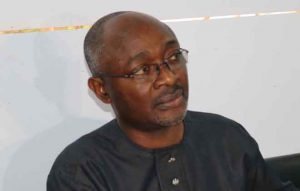

The Supreme Court has given permission to the Attorney General to sell properties belonging to businessman Alfred Woyome to offset the GHc 51 million judgment debt paid illegally to him by the State.
The properties earmarked for sale include two executive buildings of the businessman, the office complex of Anator Holdings, a company owned by Mr. Woyome, and two other residential buildings at Caprice and Abelemkpe.
The sale would amount to GHc 20 million.The ruling follows claims made by the receivers defunct UT Bank that some of the properties identified by the state for sale was theirs.
According to the lawyers of the defunct UT Bank, Mr. Woyome used the said properties as collateral for loans at the bank which he failed to pay back.
The court presided over by Justice Benin also awarded costs of GHc 60,000 each against receivers of UT Bank and Anator Holdings.
Anator Holding Limited, in particular, was cited by the state as being a major beneficiary of the GHc 51 million judgment debt.
According to an affidavit filed by the state, Anator Holdings received at least 14 transfers from the wrongful judgment debt meant for the company of which Mr. Woyome is the sole owner.
But Anator Holdings has filed the ultimately unsuccessful suit at the apex court arguing that the quarry belongs to it and not Mr. Woyome.
Background
Mr. Woyome had sued the state for a breach of contract relating to the construction of stadia for the 2008 tournament and was awarded the default judgment because the state did not put in a defence.
However, an Auditor General’s report released in 2010 said the amount was paid illegally to Mr.Woyome, who is a known National Democratic Congress financier.
He was subsequently arrested on February 3, 2011, after the Economic and Organised Crime Office (EOCO), which was commissioned by the late President John Atta Mills to investigate the matter, had cited him for wrongdoing.
Mr.Woyome was initially charged with conspiracy, defrauding by false pretence and corrupting a public officer.
He was later re-arraigned and charged with two counts of causing financial loss to the state and defrauding by false pretence.
The interim report of EOCO, which was presented to the President on February 2, 2012, also indicted Yaw Osafo Maafo, the then-Minister of Education, Youth and Sports and his deputy, Mr. O. B. Amoah.
But Mr Osafo-Maafo secured a court order which declared that EOCO’s investigation of him as illegal.
On June 5, 2012 Mr.Woyome was discharged but re-arrested and charged with two counts of causing financial loss and defrauding by false pretence.
The case unravelled until March 12, 2015, where the Fast Track High Court trying Mr. Woyome, again discharged him.
Delivering his judgment, Justice John Ajet-Nasam, said the State woefully failed to prove beyond a reasonable doubt that Mr. Woyome was guilty.
Justice Ajet-Nasam also said there were no contradictions to the documentation evidence on the agreement for the compensation claimed by the accused person.
But in 2014, the Supreme Court ordered Mr. Woyome to pay back the amount, after former Attorney General and now Special Prosecutor, Martin Amidu challenged the legality of the judgment debt paid the businessman.
Following delays in retrieving the money, the Supreme Court judges unanimously granted the Attorney-General clearance to execute the court’s judgment ordering Mr. Woyome to refund the cash to the state.
But almost four years later, the amount is yet to be retrieved in full as the Akufo-Addo administration is currently examining the businessman in court.
The post Supreme Court okays sale of Woyome’s properties appeared first on Citi Newsroom.
Read Full Story

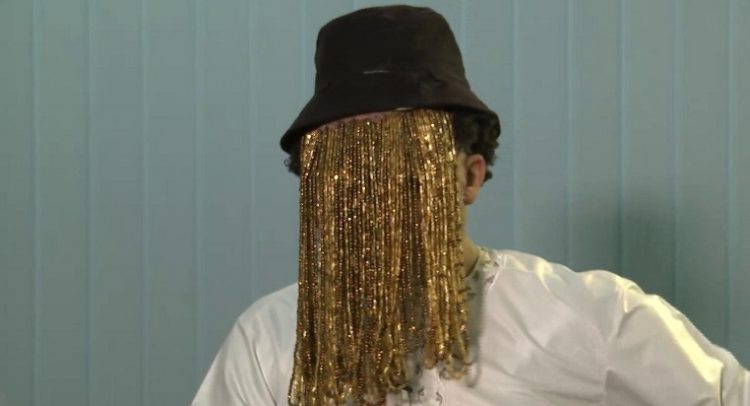

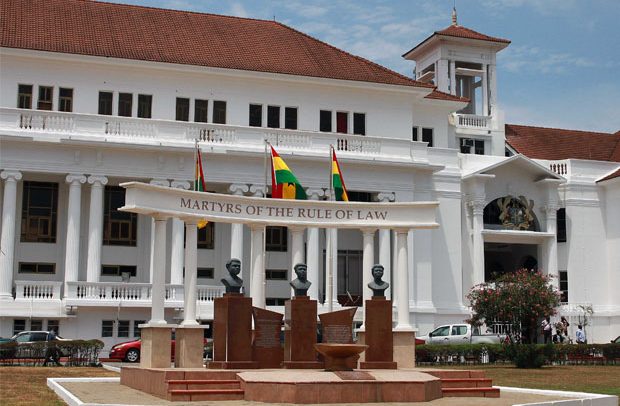



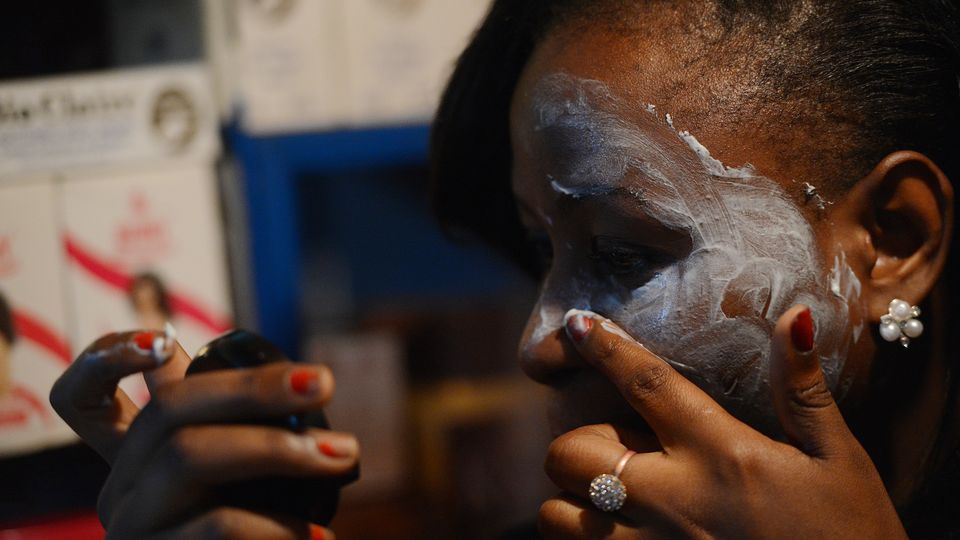
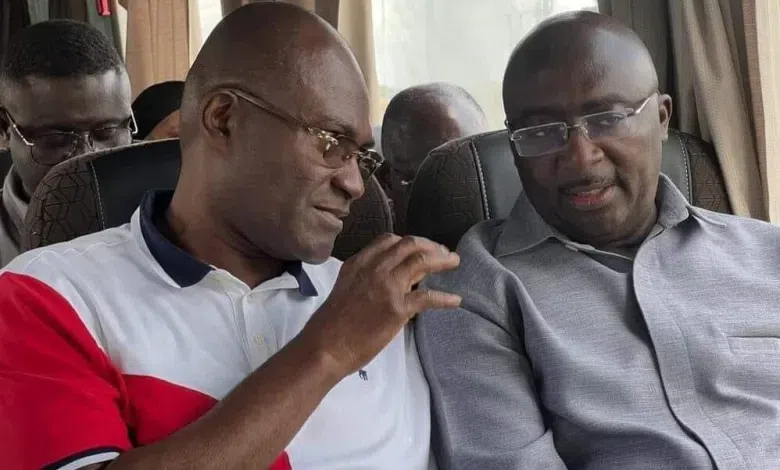


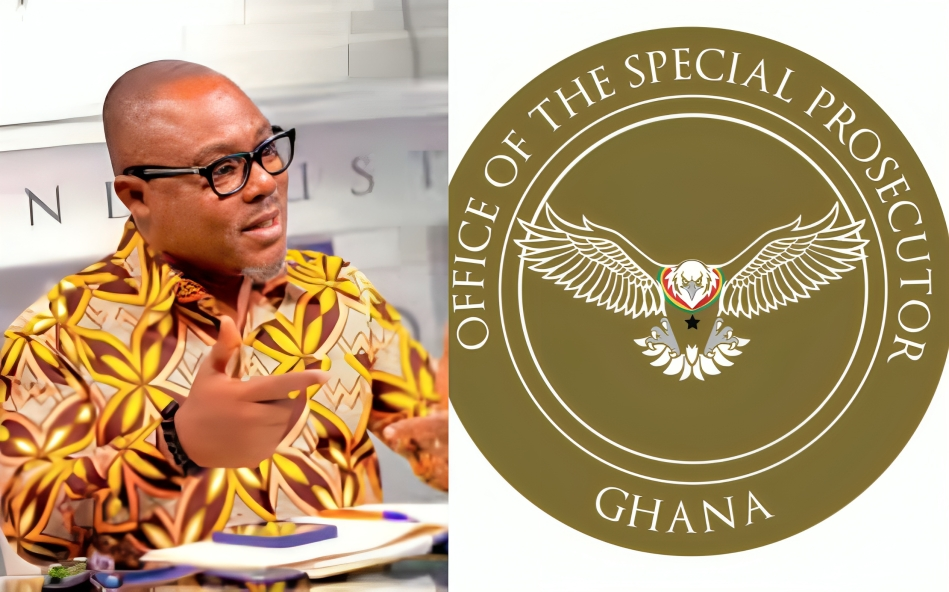



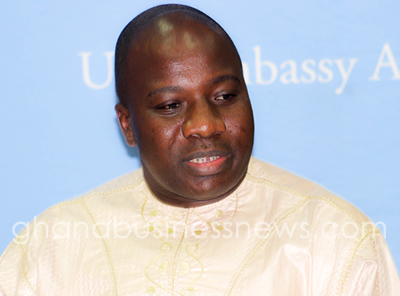
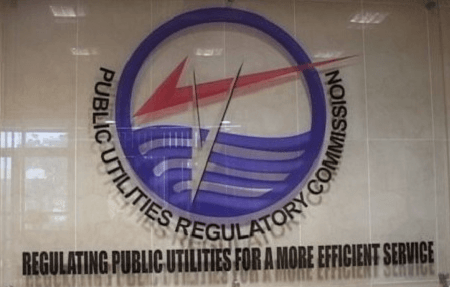


Facebook
Twitter
Pinterest
Instagram
Google+
YouTube
LinkedIn
RSS